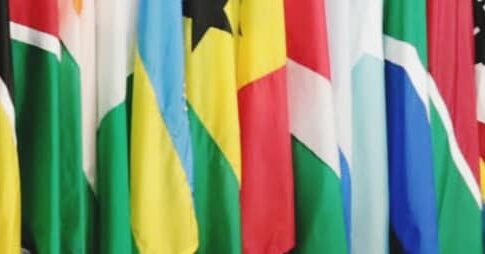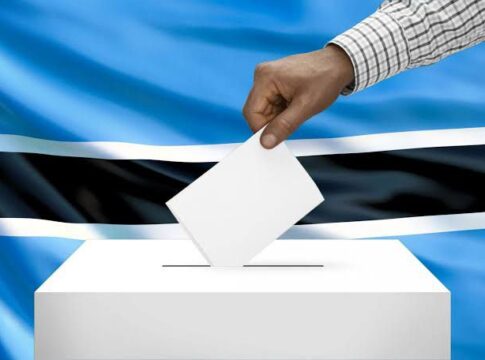Kingsley Enwelim Nwanze
Africa, a continent rich in diversity, culture, and resources, stands at a crossroads in its political and governance landscape. The question of leadership in Africa is not merely a matter of who holds power but rather how that power is exercised and for whom. As the continent grapples with the legacies of colonialism, authoritarianism, and economic challenges, the need for effective, accountable, and visionary leadership has never been more pressing.
Historically, African leadership has been marred by a series of challenges, including corruption, nepotism, and a lack of transparency. Many leaders have prioritized personal gain over the welfare of their citizens, leading to widespread disillusionment and a crisis of trust in political institutions. This has resulted in a cycle of poor governance, where the absence of accountability fosters an environment ripe for abuse of power. The consequences are dire: economic stagnation, social unrest, and a growing divide between the elite and the masses.
However, the narrative of African leadership is not solely one of despair. There are numerous examples of transformative leaders who have emerged, advocating for democracy, human rights, and sustainable development. Figures like Nelson Mandela, Ellen Johnson Sirleaf, and Paul Kagame have demonstrated that effective leadership can lead to significant progress. Their legacies highlight the potential for leaders to inspire change and foster unity in diverse societies.
READ MORE: Botswana Prepares For Elections On Oct. 30, Economic Uncertainty Looms
The question of leadership in Africa also intersects with the continent’s youth demographic. With over 60% of Africa’s population under the age of 25, the youth are not just the leaders of tomorrow; they are the catalysts for change today. Young Africans are increasingly vocal about their rights and aspirations, utilizing social media and grassroots movements to demand accountability and reform. The Arab Spring and recent protests in countries like Nigeria and South Africa illustrate the power of youth-led movements in challenging the status quo and advocating for better governance.
Moreover, the role of women in leadership cannot be overlooked. Despite facing systemic barriers, women leaders across Africa are making significant strides in politics and governance. Countries like Rwanda have set a global benchmark for female representation in government, with women holding over 60% of parliamentary seats. This shift not only promotes gender equality but also brings diverse perspectives to decision-making processes, ultimately leading to more inclusive governance.
As Africa continues to evolve, the question of leadership must also address the importance of regional cooperation and integration. The African Union (AU) and regional bodies like ECOWAS play crucial roles in promoting peace, security, and development across the continent. Effective leadership at continental, regional and national levels is essential for addressing transnational challenges such as climate change, terrorism, and economic inequality.
In conclusion, the question of leadership in Africa is multifaceted, encompassing historical legacies, youth engagement, gender equality, and regional cooperation. As the continent navigates its path toward sustainable development and democratic governance, it is imperative that leaders prioritize the needs of their citizens, foster accountability, and embrace inclusivity. The future of Africa hinges on the ability of its leaders to rise to the occasion, transforming challenges into opportunities for growth and unity. Only then can Africa realize its full potential and emerge as a beacon of hope and progress on the global stage.




